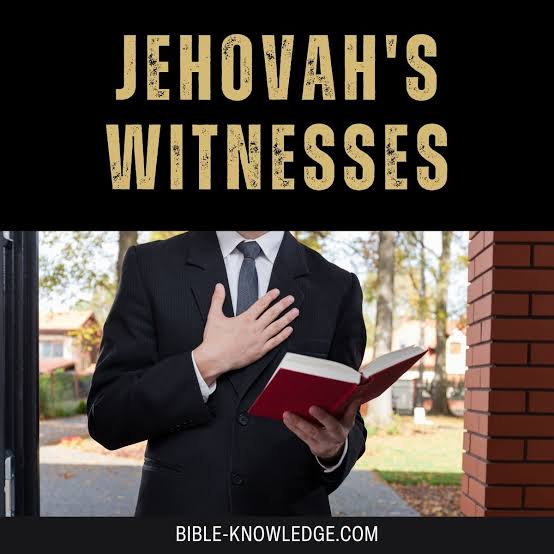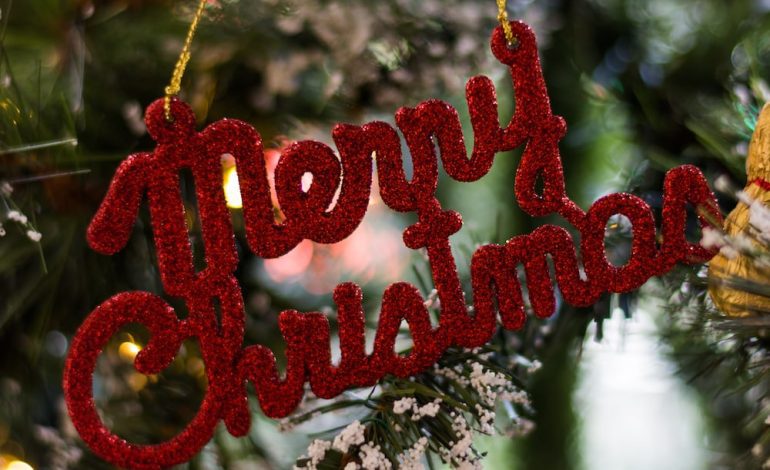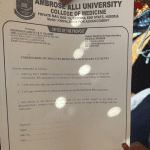Christmas, a globally celebrated holiday, holds deep significance for Christians and transcends cultural and religious boundaries. At its core, Christmas commemorates the birth of Jesus Christ, the central figure in Christian theology.
The nativity story, chronicled in the Gospels, unfolds in Bethlehem, where Mary gives birth to Jesus in a humble manger, surrounded by shepherds and angels. This event symbolizes hope, love, and the divine incarnation, marking a pivotal moment in Christian faith.
Beyond its religious roots, Christmas has evolved into a cultural phenomenon marked by festive traditions. Families come together to exchange gifts, share meals, and partake in various customs that vary across regions. The iconic Christmas tree adorned with lights and ornaments, the jolly figure of Santa Claus, and the singing of carols are integral components of the holiday’s festive tapestry. These traditions foster a sense of joy, unity, and generosity, turning Christmas into a time of warmth and goodwill.
Christmas stands as the paramount Christian holiday, yet a subset of churches opts for a different path, choosing to refrain from festive celebrations.
Here’s a list of religious organisations that don’t officially celebrate Christmas and why.
- JEHOVAH’S WITNESSES
Jehovah’s Witnesses, a distinct Christian group, are recognized for their distinctive practices, which include door-to-door evangelism and the distribution of their publications, notably the Watchtower and Awake! magazines.


However, one notable aspect sets them apart – they abstain from observing widely celebrated holidays, Christmas being a prominent example.
The foundation of their non-celebratory stance lies in a theological belief that Christians should commemorate Jesus’ death, as opposed to his birth, following his explicit instructions. Delving deeper into their rationale, Jehovah’s Witnesses contend that the observance of Christmas did not find a place in the practices of Jesus’ apostles and early disciples. According to their historical perspective, the Nativity feast was established no earlier than 243 C.E., well over a century after the last apostle’s demise.
A critical pillar of their argument rests on the absence of Jesus’ birth date documentation in the Bible. This leads them to question the widespread assumption that Jesus was born on December 25. Rather than accepting this date, Jehovah’s Witnesses assert that the traditions surrounding Christmas are rooted in pagan ceremonies, notably drawing parallels to the Roman Saturnalia, challenging the conventional narrative associated with this widely celebrated holiday.
- SEVENTH-DAY ADVENTIST CHURCH
Much like Jehovah’s Witnesses, the Seventh-Day Adventist Church distinguishes itself by deviating from conventional religious norms. Notably, the church conducts its worship services on Saturdays, adhering to the Jewish Sabbath day, rather than the more common Sunday practice.


Concerning Christmas, the Adventist church adopts a notably flexible stance. Unlike some religious organizations with strict positions on the holiday, the Adventist church does not impose an official position or statement regarding Christmas observance. Members are afforded the freedom to decide whether or not to partake in Christmas celebrations based on personal choice.
In a blog post, Pastor Wilson, the president of the Adventist General Conference, emphasizes a message of tolerance within the Adventist community. He cautions against criticism directed at individuals who choose to celebrate Christmas, urging unity by stating, “we must not allow the subject of Christmas to become a dividing issue among (Adventists), criticizing or alienating others who may see it differently than we do.”
Despite this openness, the church maintains a clear theological standpoint. They assert that the Bible remains silent on the importance of commemorating Christmas or specifying the date of Jesus’ birth. Consequently, the Adventist church emphasizes that observing Christmas is neither an obligation nor a condition of membership within the faith, reinforcing their commitment to individual autonomy in matters of holiday celebration.
- DEEPER LIFE BIBLE CHURCH
In a significant declaration made a few years ago, Pastor W.F. Kumuyi, the leader of Deeper Life Bible Church, communicated a resolute message to both his congregation and the broader audience – his church refrains from observing the widely embraced holiday of Christmas. This declaration was not casual; it emerged as a distinct aspect of the church’s identity.


During the December retreat of 2013, Pastor Kumuyi elucidated the rationale behind this uncommon stance. His explanation was unequivocal: “We don’t celebrate Christmas. It actually came from idolatrous background. That is why you don’t hear us sing what they call Christmas carol.
Never!” His emphasis on the holiday’s purported idolatrous origins is a key factor in the church’s decision to abstain from Christmas festivities.
Pastor Kumuyi goes further to critique any attempt within the church to introduce what he perceives as the “idolatry of mystery Babylon” associated with Christmas. He explicitly links the absence of Christmas celebrations in his church to the historical records of the Acts of the Apostles and the early church, asserting that these sources provide no endorsement for such observances.
The pastor underscores the church’s commitment to diverging from worldly influences, expressing a desire for the church to mirror the teachings of Jesus Christ and align more closely with the practices of the Apostles. He concludes with a clear directive, stating that those who do not share this perspective are free to seek spiritual fulfillment elsewhere, highlighting the uncompromising nature of Deeper Life Bible Church’s stance on Christmas celebrations.
- GOD’S KINGDOM SOCIETY (GKS)
The official website of God’s Kingdom Society (GKS) delivers a distinctive perspective, asserting that the Bible lacks any explicit evidence supporting the notion of Jesus Christ being born on December 25. Instead, the church holds a belief that contradicts the widely accepted narrative – they propose that Jesus was born in October. This departure from the traditional December date is rooted in the GKS assertion that Christmas itself has origins in “a boisterous pagan feast in honor of the sun deity.”


While the majority of Christians worldwide engage in festive celebrations in December, commemorating Jesus Christ’s birth, GKS stands apart by observing this significant event in October. The alternative date is marked by a unique celebration named Freedom Day, providing a distinct occasion for the church to honor the birth of Jesus Christ in a manner that aligns with their theological beliefs. This deliberate choice challenges the common December tradition and underscores the GKS commitment to a distinct interpretation of historical and religious aspects surrounding the birth of Christ.
- RELIGIOUS SOCIETY OF FRIENDS
The Religious Society of Friends, commonly referred to as Quakers, stands out as a religious organization with a distinctive perspective.


Central to their belief system is the notion that “every day is a holy day,” fostering an ethos that negates the necessity for specific rejoicing on designated days, including holidays.
A significant factor influencing the Quakers’ decision not to celebrate Christmas is their commitment to revisiting early Christian practices.
Within the Quaker community, there is a deliberate effort to explore and embrace the essence of early Christianity, a time before the church evolved into a political institution. Chris Pifer, a spokesperson for the Friends General Conference, elucidates this commitment, stating, “There’s an effort within areas of Quaker practice to try to explore and find early Christianity, the church before it became a political institution.”
This endeavor to return to the roots of early Christianity is underscored by the Quakers’ stance on Christmas celebrations. Pifer points out that the early days of Christianity lacked the elaborate Christmas celebrations observed today. The Quakers’ choice to abstain from Christmas festivities aligns with their broader commitment to a simpler, more authentic interpretation of Christian practices, distinct from the contemporary celebrations associated with the holiday.


Sodiq Lawal is a passionate and dedicated journalist with a knack for uncovering captivating stories in the bustling metropolis of Osun State and Nigeria at large. He has a versatile reporting style, covering a wide range of topics, from politics , campus, and social issues to arts and culture, seeking impact in all facets of the society.











